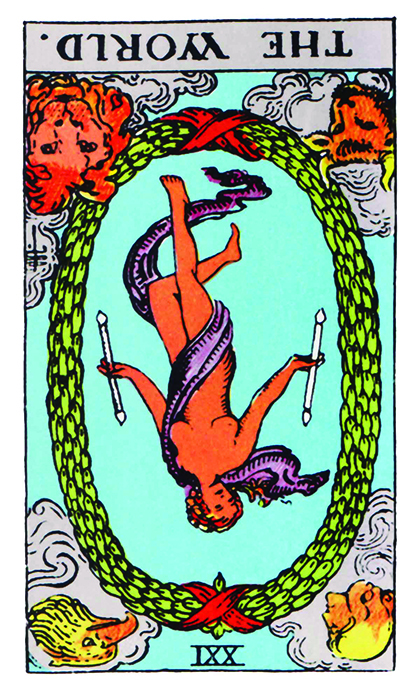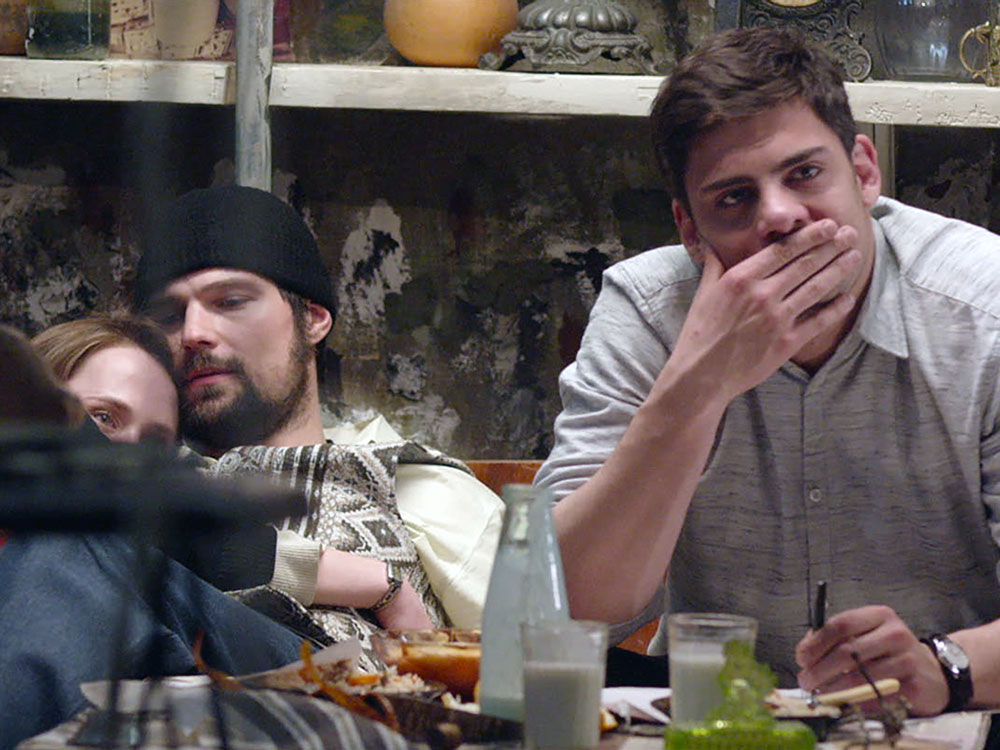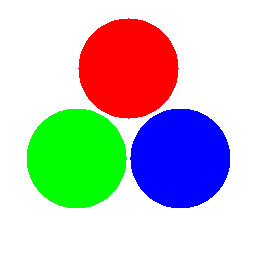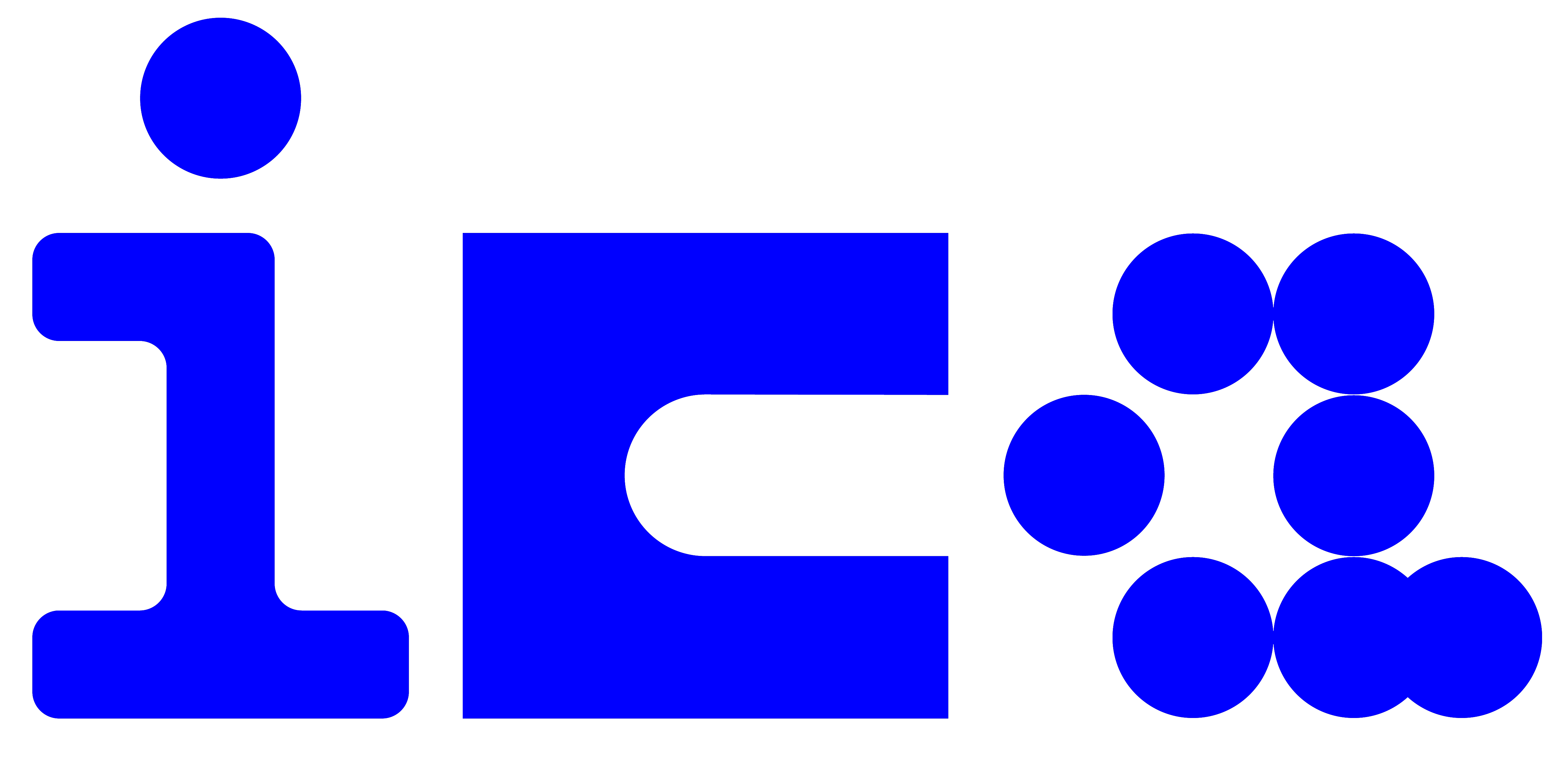The ICA will be on general strike on Fri 20 Oct. Read more
Today’s Daily is guest edited by artist Clay AD.
Clay AD speaks to sci-fi, illness and ecology – envisioning what an autonomous feminist healthcare could look like. They are a somatic bodyworker and read tarot. For the ICA Daily, Clay AD addresses two somatic concepts: centring and orientation. As a response to current conditions, Clay’s recommendations foreground personal centring practices as well as collective aid and strategies of survival.
Sara Sassanelli
upside down
a week ago i gave a tarot reading to a friend. i flipped over her cards, and in the position of ‘the lesson’ was the reversed world card.
the world card – upright – comes with meanings of wholeness and integration. It tells the story of completing cycles and reminds us that nothing is ever really ‘finished’. Actions, people, places and words live on, change, grow and die, but there are always routes cycling back. it’s a card of perspectives – the body, this planet, the universe beyond. it’s about understanding the earth underneath and knowing how to navigate while still bowing to its mystery.
the reversed world card made me laugh, a stark reminder about how fallible stability is. on the phone another friend said something i’ve been thinking about a lot, ‘one of the few things humans are truly good at is adapting.’ the lesson is the big question marks we’re living through: how to reorient within this new world? how to locate the self within the whole, especially when isolating?
centring
somatics is how we sense ourselves and our experiences. when you’re working somatically you’re using all that the body contains. in somatic practice there are two concepts i’ve been coming back to often during the last six weeks: centring and orientation.
centring practices ask us to find our ‘centre’, physically, emotionally and spiritually. i’ve been coming back to this because it feels difficult. i am trying to approach the practice with curiosity to notice the vast emotional shifts day-to-day, reminding myself that my centre is gonna be totally different at this moment and uncomfortable (upside down even, like the world card). generative somatics practitioner Sumitra Rajkumar offers a short audio centring practice that i recommend via the podcast Irresistible. you can find this practice here. you can do this anywhere. you might also find that body-based practices are not right for you now, and that is good to listen to and respect.
orientation
in somatics, orientation speaks to what we’re turning towards and facing. our orientation can speak to reactions and patterns we’ve inhabited as coping mechanisms. many are being pushed into very real precarity and triggering situations, and even those who are in more privileged circumstances are still susceptible to the deep anxiety of the times. it’s wise to assume at the moment that everyone is going through it in some way.
for my own orientation physical practice i have been meeting a friend to dance in the park at a distance. they suggested we practice ‘authentic movement’. it is a very accessible improvisational dance practice. essentially there is a ‘mover’ and a ‘witness’. the mover moves with eyes closed for a previously agreed upon time and the witness simply witnesses, then you switch. it can be done outside or in the house, and if you’re isolating alone it also works over video call. a text with more detailed instructions can be found here.
another way to orient is to map our relation to others. i first learned about ‘pod-mapping’ from the disability justice activist Mia Mingus, and it was created by the Bay Area Transformative Justice Collective in 2014 to create accountability and ongoing care within communities effected by harm. it’s been widely used in transformative justice settings, and i’ve witnessed many folk in sick and disabled communities using it to think through support. it is a simple worksheet you can fill in, and could also be a catalyst towards mutual aid. you can find the worksheet here.
in light of the orientation towards community care, i’d like to point to a zine called Physically Distant//Connected by Care from the collective Power Makes Us Sick. the zine offers emotional support methods, thoughts on action, and herbal support amongst more. PMS’s other zines are filled with research into autonomous healthcare presently and historically, so it’s a good dive to understand the foundations of collective care and mutual aid. you can find all of the group's zines for free here.
stories
when i find some fleeting concentration to read these days i only want to read stories about survival and i want those stories to feel as strange as i do now. so for me this has been revisiting The Faggots and Their Friends Between Revolutions written in 1977. deeply beautiful and cheeky tale about queer survival and solidarity. you can read for free here.
if you would like to check in with your own story i highly recommend getting a tarot reading by my friend Adelaide, ‘a trans abolitionist mermaid storyteller and grassroots organizer’. she is fundraising weekly through her readings and redistributing to different organisations. this week’s is F2L Relief Fund which provides commissary for queer and trans people incarcerated in New York State. to book a reading go here.
Track of the Day
Please consider supporting our work by joining us as an ICA Red Member here
Erratum: Last week’s Daily (27 April) contained an error, the correct name is Yusuf Balogun
To receive the ICA Daily email, sign up here
The ICA is a charity. If you would like to support us during this difficult time, you can make a donation here












no. 236848.